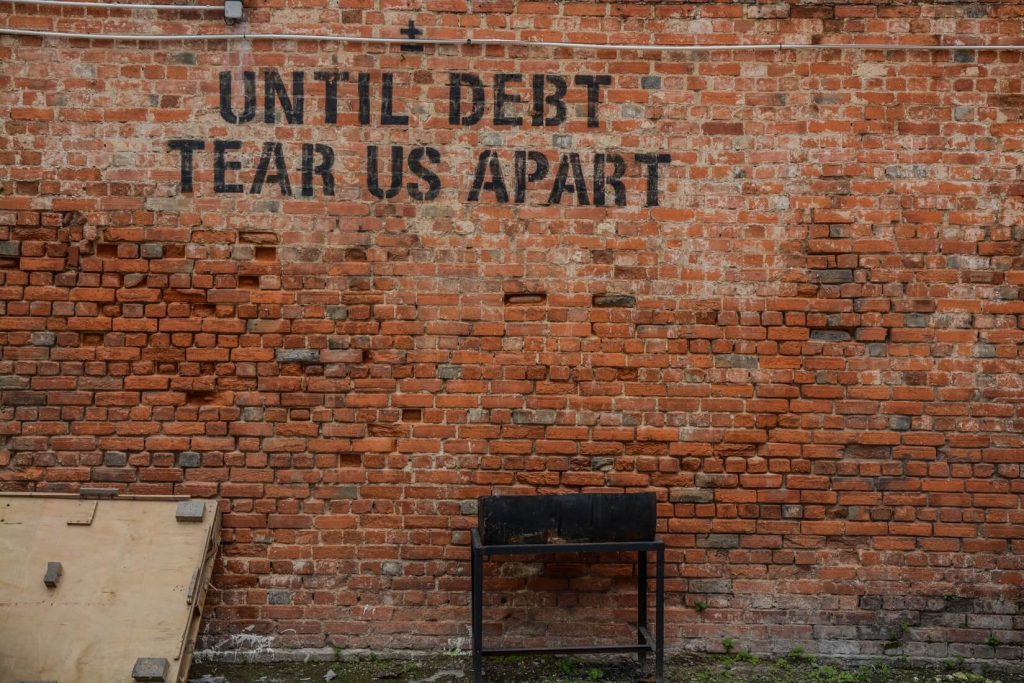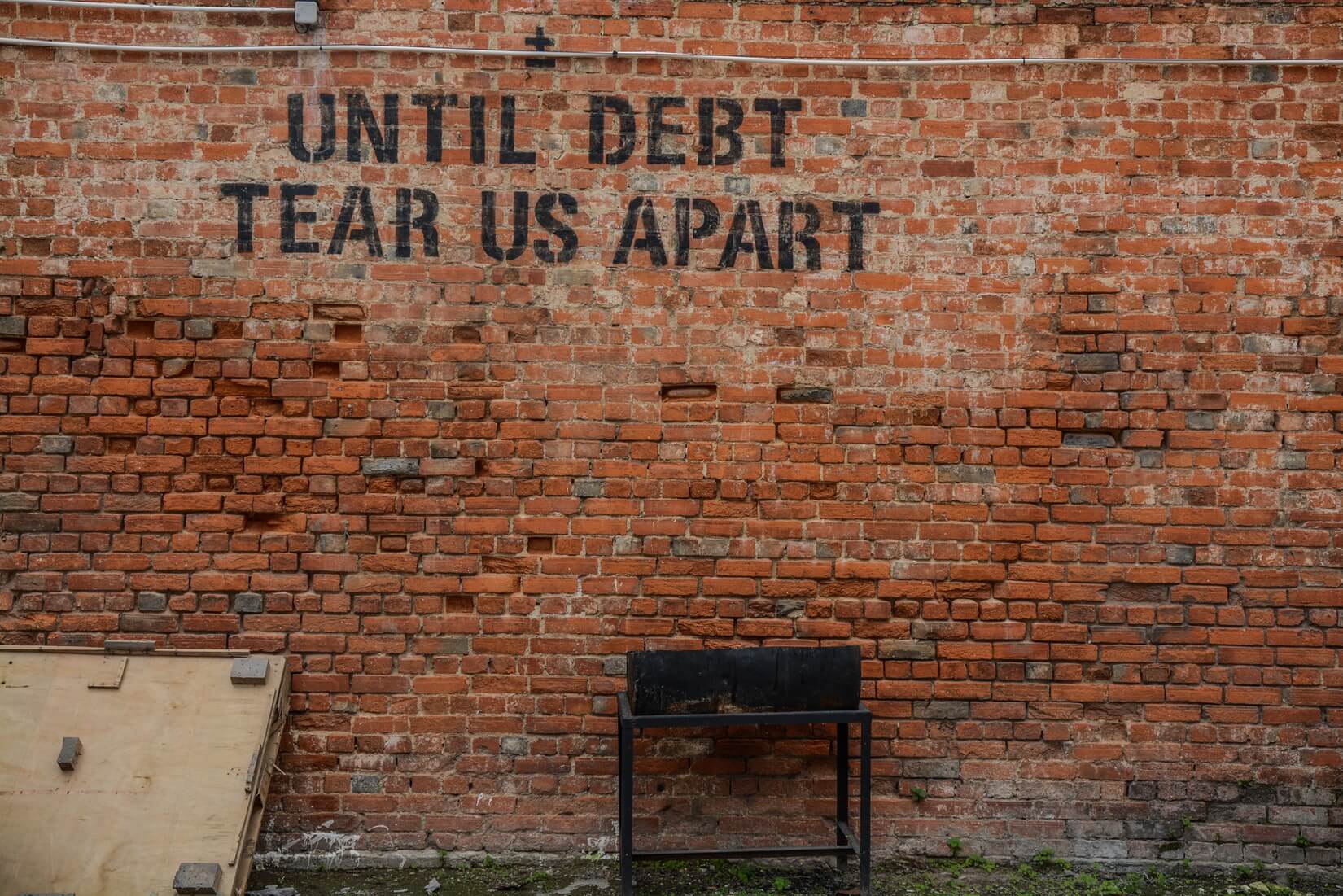
If you have been struggling with consumer debt and cannot seem to find your way out, you’re not alone. In reality, many millions of Americans deal with debt and its consequences every year.
The truth is, 70 million Americans were contacted by collection agencies in 2017, which typically means their debt was at least 180 days past due. Unfortunately, these debt collectors typically call consumers over one billion times per year to follow up on this consumer debt, with possibly up to 15 calls per account daily.
While some consumers can figure out a way to pay off their own debt, there are strategies that can fast-track the process. Some consumers opt out of consolidating their debt with a lump sum loan that offers better terms as well as a lower interest rate. While others sign up for a debt management plan, which is a repayment plan operated by a third-party to handle their debt.
Finally, some consumers choose to negotiate their debt through a process called debt settlement. This option comes with its own share of pros and cons just as anything.
What Is Debt Settlement?
Understanding debt settlement as well as the consequences and who can help you manage the process is an important first step. The Law Office of Brent M. Myer, PLLC created this guide to explain your options and offer all the information you’ll need to decide if it is right for you.
With debt settlement, the company you work with aims to negotiate a “settlement” with your creditors that is less than the amount you owe.
Unlike other debt repayment options, the company you choose to work with will ask you to have a specific saving account with a dedicated amount to deposit monthly for your settlement. You will maintain ownership over the funds as well as any interest accrued. You may be asked to stop making payments on your debts during the negotiation process.
The end goal of a debt settlement program is that once a settlement amount is reached, you will have enough cash to pay the agreed upon amount in full. Once the final lump sum payment is made, the accounts are considered satisfied.
While it is an imperfect solution to a complex problem, this strategy could be the best option for you. Here’s how you can decide if it’s right for you:
- Determine the severity of your debt problems.An important component of deciding on debt settlement is to make an honest assessment of whether you can pay down credit card balances and other debt on your own. Some people can use a carefully budgeted plan by tightening their spending to pay down debt. Your first step is to figure out how much you earn and compare it to how much you owe on various debts each month. The Law Office of Brent M. Myer, PLLC recommends looking for ways to cut your budget and spending to free up cash to use to pay down your debts.
- Ask yourself if another option could bring a better result.Take a close look at alternatives such as a debt consolidation loan or bankruptcy and how these options may work for your situation.
- Look closely at debt settlement if your situation warrants it.It is generally said that debt settlement is a viable option for consumers with more than $7,500 of debt that they cannot keep up with due to financial hardship.
When You Should Consider Alternatives?
While we understand that debt settlement can wipe away some of your debts, if you are struggling to make monthly payment minimums, this may be a sign to explore potential alternatives. Those instances can include:
- The debts you’re struggling to repay are secured debts. Debt settlement is only for unsecured debts – or debts that are not secured by collateral. Keep in mind that debt settlement will not fix all your problems. If you are struggling to repay secured debts such as a mortgage, car loans, home equity loans or federal student loans, then debt settlement may not be the right option for you.
- You want to keep your credit score in good shape.If you are highly concerned with keeping your credit score in good standing, debt settlement may not be for you as you are often requested to stop making payments until a settlement is reached. It is likely that your score will drop during this time.
Working With A Debt Settlement Company
Working with an agency that offers debt settlement is often an easier alternative for many consumers as the agency will perform most of the steps involved on your behalf. The main steps required to work with a debt settlement company include:
- Research different debt settlement companies.Knowing who you will be working with is your part, the company you choose to work with should offer individualized plans that are tailored to your needs.
- Watch out for companies with unethical practices.The Federal Trade Commission (FTC) advises consumers to avoid debt settlement companies that require money upfront, pressure you or make guarantees about how your debt will be handled or does not review your financial situation in great detail.
- Start saving money.You will be asked to start setting aside money in a separate account during the negotiation process.
- Reach a settlement with your creditors.Once a settlement is reached with the creditors, the cash you’ve saved during the negotiation will be used to settle your remaining debts. At this point, your accounts will be considered charged off or satisfied. The entire process can take up to 36 months.
Debt Settlement: Pros & Cons To Consider
While negotiation of a settlement that is less than what you may owe may sound great, it does come with both pros and cons. Here are the main advantages and disadvantages of this strategy:
Advantages of debt settlement:
- Repay less than you owe on your debts including the current principal, interest and fees.The most popular benefit is that you will likely pay less than when you owe, and once your debts are settled they are gone for good.
- If you work with a debt settlement company, they will take care of many of the tasks involved in this process for you.Debt settlement companies will make phone calls, negotiate with creditors and deal with the details of your debt settlement on your behalf.
Disadvantages of debt settlement:
- Not all debts qualify for debt settlement.Debts such as car loans, home loans, and federal student loans do not qualify for debt settlement. However, most types of unsecured debt can qualify. Other debts that do not qualify are child support, gambling debts, and back taxes.
- Debt settlement can result in damage to your credit score.Due to the fact you will most likely be asked to stop making payments, you may see some damage to your credit score. In addition, settled debts will be reported to the credit bureaus as “settled” rather than “paid in full.”
- It may result in tax consequences.Some settled debts may be considered taxable income unless you are “insolvent.” The FTC notes that insolvency typically describes a situation where your total debts are worth more than your assets. This may sound clear-cut, but they report that insolvency is difficult to determine and prove.
- Creditors are not required to settle with you.Unfortunately, creditors are not required to settle your debts. Creditors may sue you while attempting to negotiate a settlement of the debt.
- Debt collectors may continue pursuing you. Unlike bankruptcy proceedings, debt collectors are not legally bound to stop collection calls during debt settlement processing.
If you are either ready to begin debt settlement or would like to set up a consultation with the Law Office of Brent M. Myer, PLLC, call (772) 873-7794 to schedule your consultation today.



